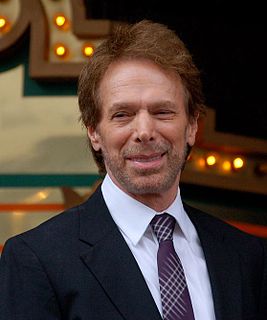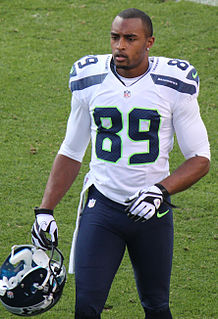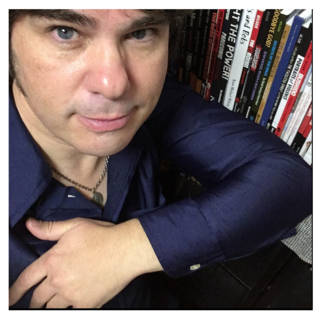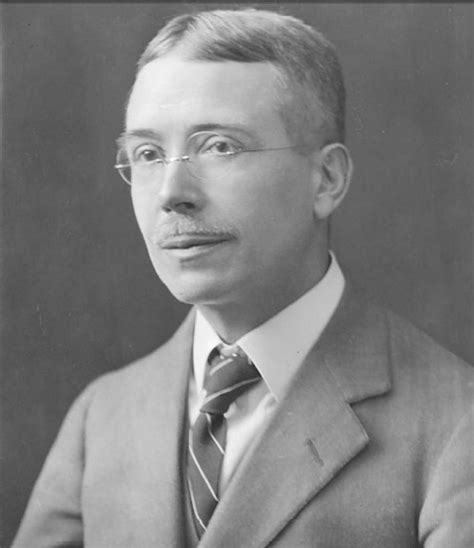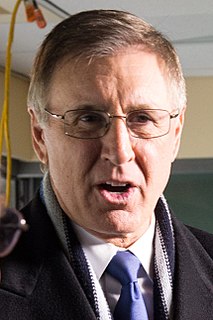A Quote by Donald Rumsfeld
It isn't making mistakes that's critical; it's correcting them and getting on with the principal task.
Quote Topics
Related Quotes
You can’t bake a cake without getting the kitchen messy. Halfway through surgery it looks like there’s been a murder in the operating room. If you send a rocket to the moon, about ninety percent of the time it’s off course—it ‘fails’ its way to the moon by continually making mistakes and correcting them.
This book is intended for use in English courses in which the practice of composition is combined with the study of literature. It aims to give in a brief space the principal requirements of plain English style. It aims to lighten the task of instructor and student by concentrating attention (in Chapters II and III) on a few essentials, the rules of usage and principles of composition most commonly violated. The numbers of the sections may be used as references in correcting manuscript.
When things get bad enough, then something happens to correct the course. And it's for that reason that I speak about evolution as an error-making and an error-correcting process. And if we can be ever so much better - ever so much slightly better - at error correcting than at error making, then we'll make it.





